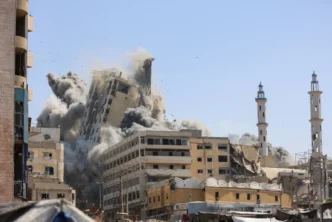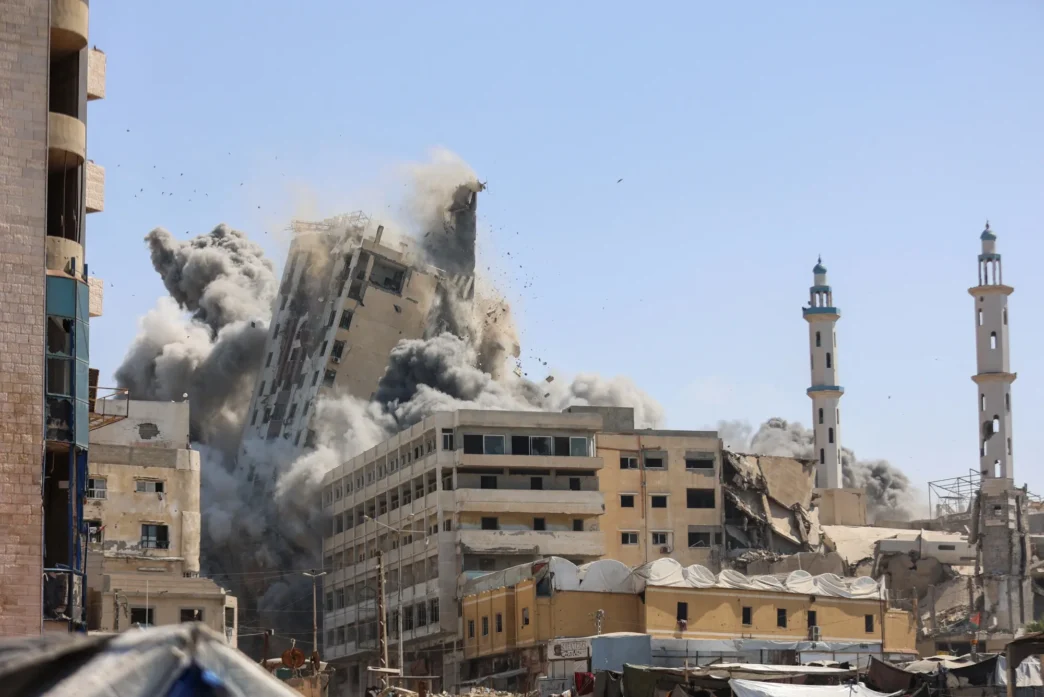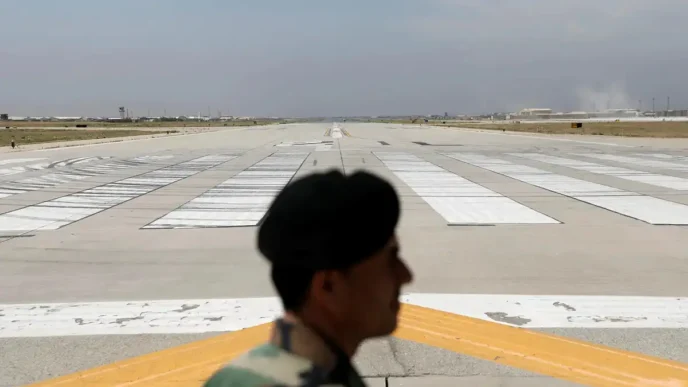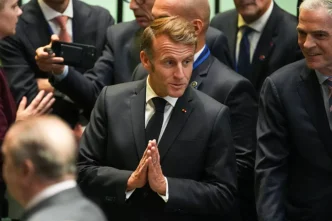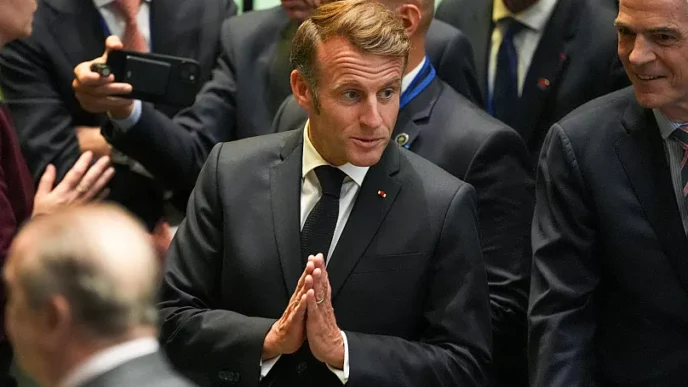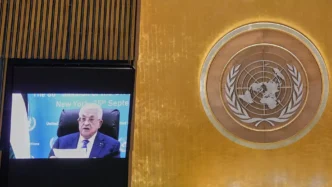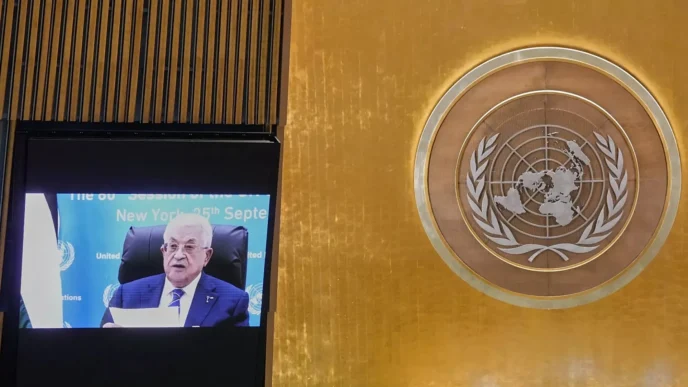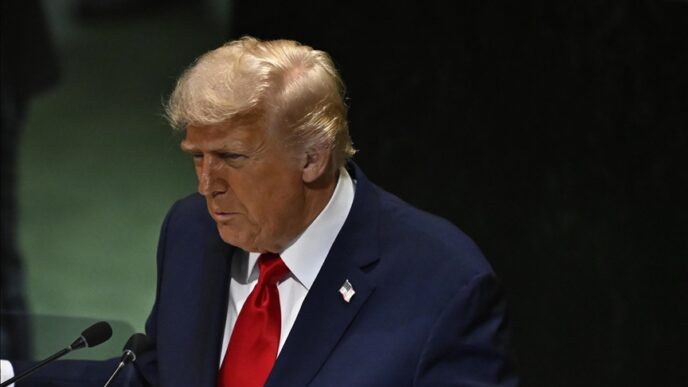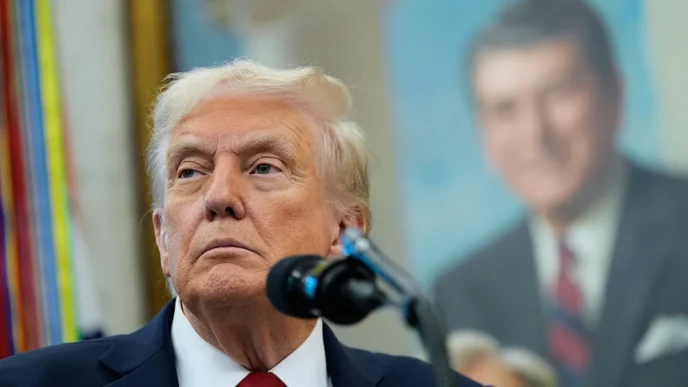Israel has begun its long-threatened ground offensive on Gaza City, escalating a conflict that has already stretched regional stability to its breaking point. The military push, described by Israeli officials as a “decisive phase” of the war, comes as Trump administration envoys shuttle through the Middle East, warning Hamas that time is running out to negotiate an end to hostilities.
The Offensive Unfolds
In the early hours of Sunday, Israeli forces moved tanks, armored vehicles, and infantry into northern Gaza, with air support striking what the military said were Hamas command centers, tunnel networks, and weapons depots. Explosions and smoke filled Gaza City as residents reported some of the heaviest fighting since the war began.
The Israeli Defense Forces (IDF) said the operation is aimed at “dismantling Hamas’s military infrastructure and restoring long-term security for Israeli citizens.” Officials confirmed that ground troops have entered densely populated urban areas, signaling a shift from weeks of airstrikes and artillery bombardment to close-quarters combat.
Humanitarian Toll and Civilian Fears
The humanitarian situation in Gaza has deteriorated rapidly. Hospitals already strained by weeks of bombardment report shortages of fuel, medical supplies, and staff. Thousands of families have been displaced, many sheltering in schools, mosques, and UN facilities.
Aid organizations warned that the ground offensive risks a “humanitarian catastrophe.” The United Nations called for an immediate humanitarian corridor to allow civilians to escape active combat zones and to deliver essential supplies.
Trump Envoy Delivers Warning
Amid the fighting, US diplomacy has shifted into high gear. Trump’s top Middle East envoy, dispatched urgently to Israel and neighboring capitals, issued a stark message to Hamas: agree to a ceasefire now or face annihilation.
“There is a very short window for Hamas to negotiate,” the envoy said after a closed-door meeting in Jerusalem. “Israel has made clear its intent to neutralize Hamas militarily. If Hamas truly cares for the people of Gaza, they must come to the table immediately.”
While supportive of Israel’s right to defend itself, Washington has also urged restraint to avoid alienating Arab allies and escalating into a regional war involving Hezbollah in Lebanon or Iran-backed groups elsewhere.
Regional and Global Reactions
Arab governments expressed alarm at the scale of the Israeli operation. Egypt and Qatar, both of which have acted as mediators in past conflicts, warned that a full-scale ground war could destroy prospects for future peace and destabilize the broader Middle East.
The European Union and United Nations echoed those concerns, calling for an urgent ceasefire and the protection of civilians. Russia and China criticized the US for what they described as “green-lighting” Israel’s offensive, adding another layer of tension to already fragile global geopolitics.
Risks of Escalation
Security analysts warn that Israel’s gamble could backfire. Urban warfare in Gaza, one of the most densely populated places on earth, poses high risks of civilian casualties and significant losses for the Israeli military.
At the same time, Hamas has signaled it will not surrender easily, vowing “resistance until the last drop of blood.” Military experts suggest Hamas will rely heavily on its vast tunnel network to stage ambushes and prolong the fight.
What Comes Next
The coming days will determine whether the ground offensive is a short, targeted incursion or the beginning of a protracted and bloody campaign. Much also depends on whether Hamas responds to US warnings and enters into negotiations—or whether the conflict spins further out of control, drawing in regional actors and deepening the humanitarian crisis.
For now, the war is at a crossroads: one path leads to fragile diplomacy, the other to open-ended conflict with devastating consequences for Israelis, Palestinians, and the wider Middle East.


